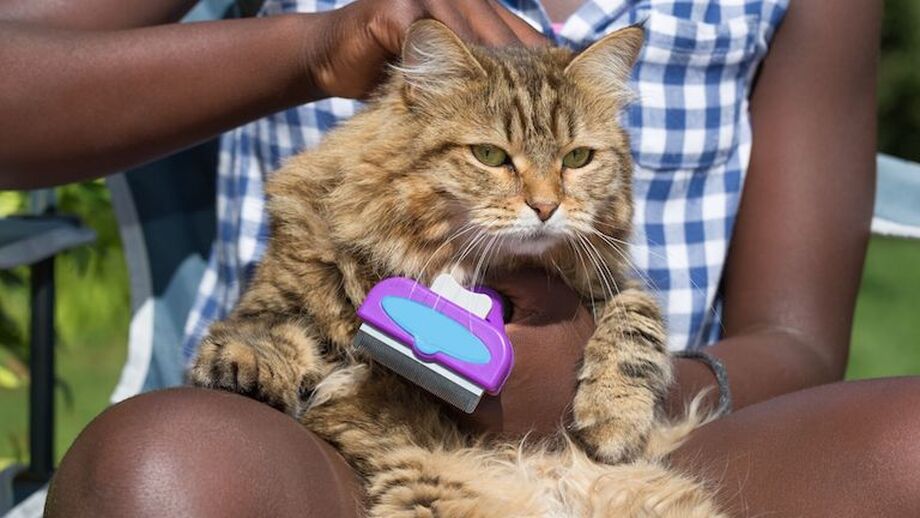Recent Post

The Importance of Regular Healthcare for Your Pets: A Comprehensive Guide for Owners

How to Choose the Perfect Dog Food: Tips for Maintaining Your Dog's Health

Top 10 Cat Toys: Our Picks for Keeping Your Cat Happy

Issue of Closed Eyes in Newborn Kittens: Causes and Treatment

How to Deal with Behavioral Issues in Your Pet

Latest Innovations in Pet Products

How to Become an Expert in Cat Care
How to Become an Expert in Cat Care
Becoming an expert in cat care requires a blend of in-depth knowledge, practical experience, and a genuine commitment to the well-being of cats. Here are essential steps to help you achieve expertise in cat care:
1. Educate Yourself
- Reading and Study: Start by reading books and articles specialized in cat care, behavior, and nutrition. There are numerous resources that provide valuable information on all aspects of cat care.
- Training Courses: Enroll in training courses on cat care and pet management to enhance your knowledge. Look for accredited courses offered by specialized training centers or pet care schools.
2. Gain Practical Experience
- Cat Ownership: One of the best ways to become an expert is to gain hands-on experience by caring for multiple cats. Take responsibility for all aspects of their care.
- Working with Animal Welfare Organizations: Volunteering at animal shelters or animal welfare organizations can provide you with valuable experience in handling a variety of cats and different health situations.
3. Consult Experts
- Veterinarians: Seek advice from veterinarians on cat health, nutrition, and treatment. Veterinarians can also offer guidance on managing health and behavioral issues.
- Professional Breeders: Professional cat breeders have extensive knowledge about breeding, care, and behaviors. Connecting with them can provide valuable insights and practical experience.
4. Understand Cat Behavior
- Observing Cat Behavior: Spend time observing cat behavior to understand how they interact with their environment. This can help you better understand their needs.
- Behavior Training: Learn how to address common behavioral issues, such as aggression or fear, using positive reinforcement training techniques.
5. Provide Comprehensive Care
- Good Nutrition: Learn how to select and provide appropriate food for cats, including understanding their nutritional needs based on age and health.
- Health and Hygiene: Understand how to maintain cat health through personal hygiene, dental care, ear and nail care, and ensure regular vaccinations and check-ups.
6. Stay Informed
- Updating Information: The field of cat care continually evolves with new research and innovations. Stay updated on the latest studies and advancements in cat care.
- Joining Specialized Communities: Becoming part of cat care communities and forums can provide opportunities to learn from others and exchange experiences.
7. Share Knowledge
- Writing Articles or Blogs: Share what you’ve learned by writing articles or blogs. This can deepen your understanding and help others.
- Organizing Workshops: If you have sufficient expertise, you can organize workshops or seminars to train others in cat care and management.
Conclusion
Becoming an expert in cat care involves a mix of theoretical learning and practical experience. By continuing to learn, practice, and apply best care practices, you can achieve a high level of expertise in cat care. Remember, cat care is not just a responsibility but also a rewarding experience that enhances the well-being of cats and brings joy to you and your family.
